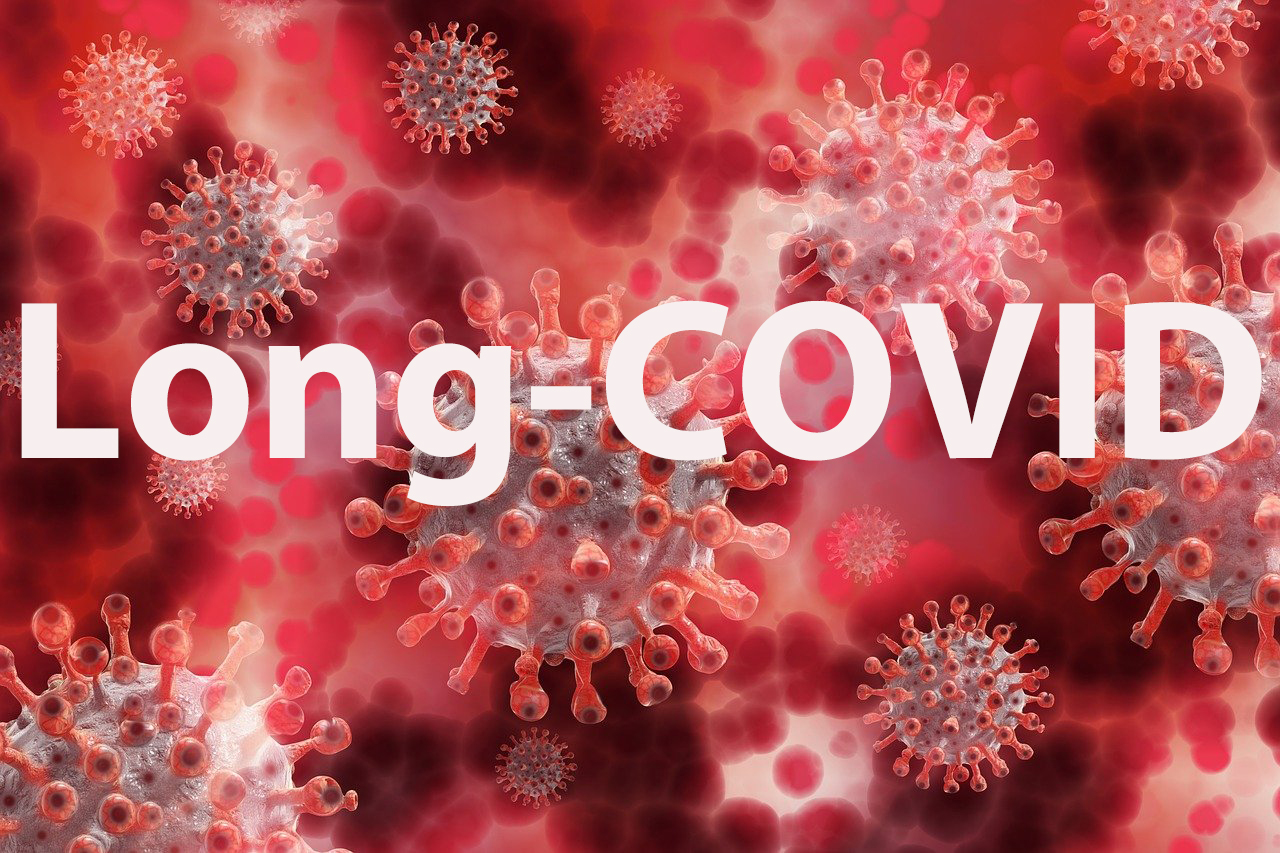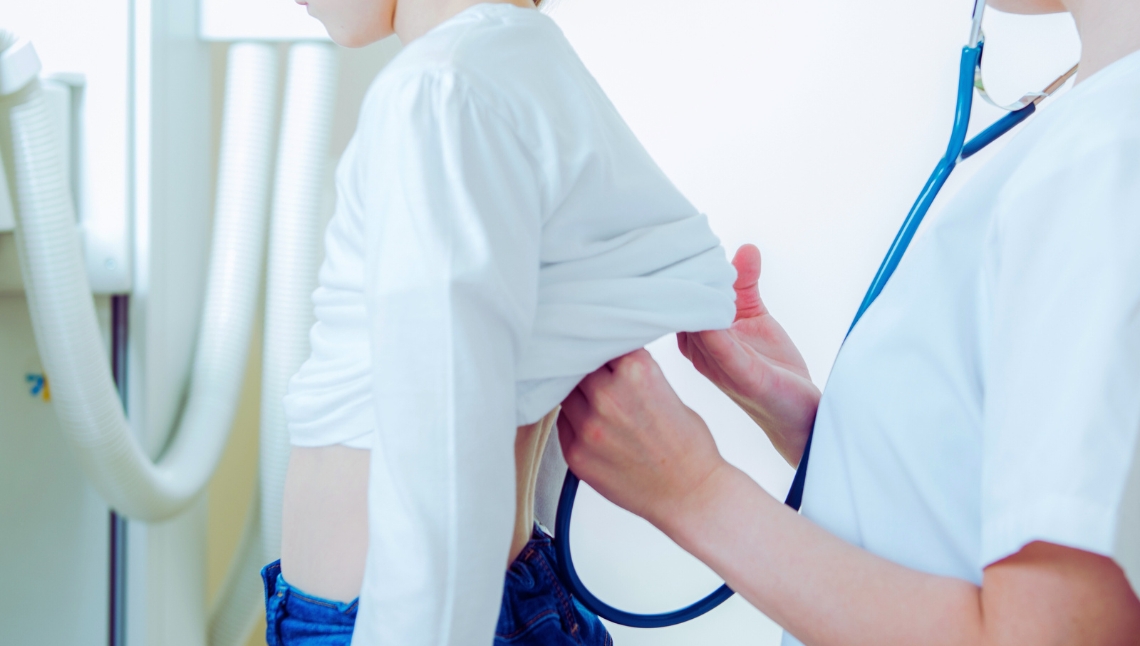As part of a nationwide network, the Comprehensive Care Center is intended to contribute to better diagnostics and treatment in Lower Saxony.

Long COVID remains an issue even years after the pandemic. Copyright: pixabay, Karin Kaiser/MHH

At the CCC, experts get to the bottom of complaints. Copyright: Canva
Many questions about Long COVID are still unanswered. For example, the exact cause of the disease has not yet been fully researched. This makes it difficult to diagnose and treat those affected. In order to improve the care situation, especially for children and adolescents, specialized facilities, so-called Comprehensive Care Centers (CCC), are currently being set up in all federal states. One of the 20 CCCs is being set up at the Children's Hospital of Hannover Medical School (MHH). "The CCCs are designed to be interdisciplinary and multi-professional. Together with scientific and clinical partners, we are establishing regional treatment structures for the state of Lower Saxony," explains PD Dr. Martin Wetzke. He is a senior physician in the Department of Pediatric Pneumology and Allergology and heads the CCC at the MHH.
Extensive experience with the patient group
Dr. Wetzke and his team can draw on valuable experience when setting up the care center at the MHH. In the late phase of the COVID-19 pandemic, there was a long-term/post-COVID outpatient clinic for children and adolescents, in which a total of around 200 patients were examined and treated. These included not only patients with long-COVID, but also with symptoms following a COVID vaccination or with myalgic encephalomyelitis/chronic fatigue syndrome (ME/CFS) of unknown cause. ME/CFS describes a severe state of fatigue that can occur after various viral infections. "COVID disease may or may not be the cause. A long-COVID diagnosis is often a diagnosis of exclusion," says Dr. Wetzke. This fact describes a core task of the CCC: to examine those affected with their various symptoms and make a diagnosis that is as reliable as possible. “A reliable diagnosis is always the prerequisite for successful treatment,” says Dr. Wetzke.
Numerous specialists involved
The structures of the CCC should be in place in a few weeks. The first patients can then be admitted. It is also envisaged that the CCC specialists will visit particularly severely affected children and adolescents at home and offer the families support in their everyday lives. In order to provide low-threshold care to as many patients as possible, the CCC cooperates with regional specialist outpatient clinics and wards as well as trained pediatricians and GP practices to provide basic care. Psychological and psychiatric, social and palliative medical specialists as well as experts in rehabilitative medicine are also on board.
Nationwide network
As in Hanover, care centers are being established at 19 other locations in Germany, all of which are part of the PEDNET-LC network. The centers form a network to gather and pool knowledge on the incidence, diagnosis, treatment and prognosis of Long COVID in young people and incorporate it into patient care. “In cooperation with the other CCCs, we will develop standardized care structures and clinical guidelines for diagnosis and treatment in Germany,” explains Dr. Wetzke. Among other things, the basis will be a nationwide patient register with data on quality of life, symptoms, diagnoses and health values. The aim is to sustainably improve the care of young people with Long COVID and similar diseases in Germany. This also makes sense with a view to the future. "It is now becoming apparent that COVID-19 is likely to become endemic. This means that the disease occurs regularly and the number of infected people - and therefore also the number of Long COVID cases - is relatively constant," explains Dr. Wetzke.
The abbreviation PEDNET-LC stands for “Pediatric Network for the Care and Research of Post-Acute Consequences of COVID-19, Similar Post-Acute Infection and Vaccination Syndromes and ME/CFS in Children and Adolescents”. The project is led by the Clinic and Polyclinic for Pediatric and Adolescent Medicine at the Technical University of Munich. A total of 38 healthcare institutions are involved in the PEDNET-LC network. The Federal Ministry of Health is funding PEDNET-LC with a total of around 41 million euros. The CCC at the MHH accounts for a good one million euros of this.
Text: Tina Götting